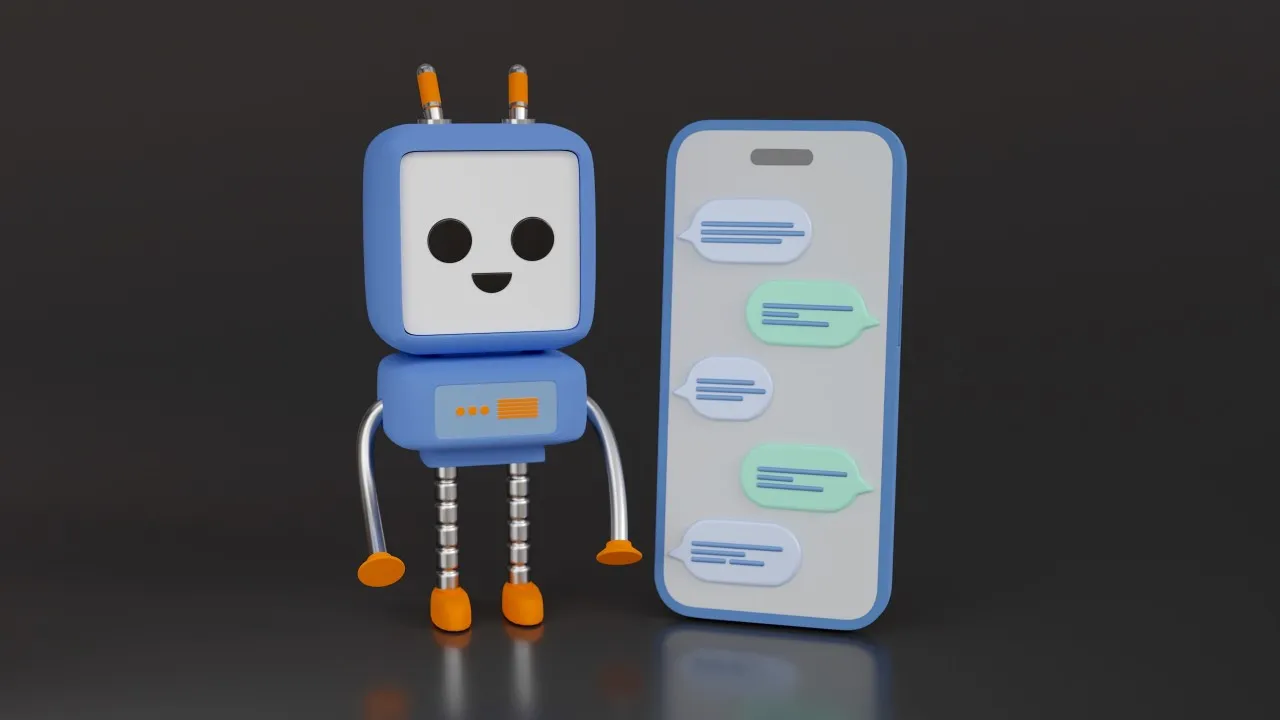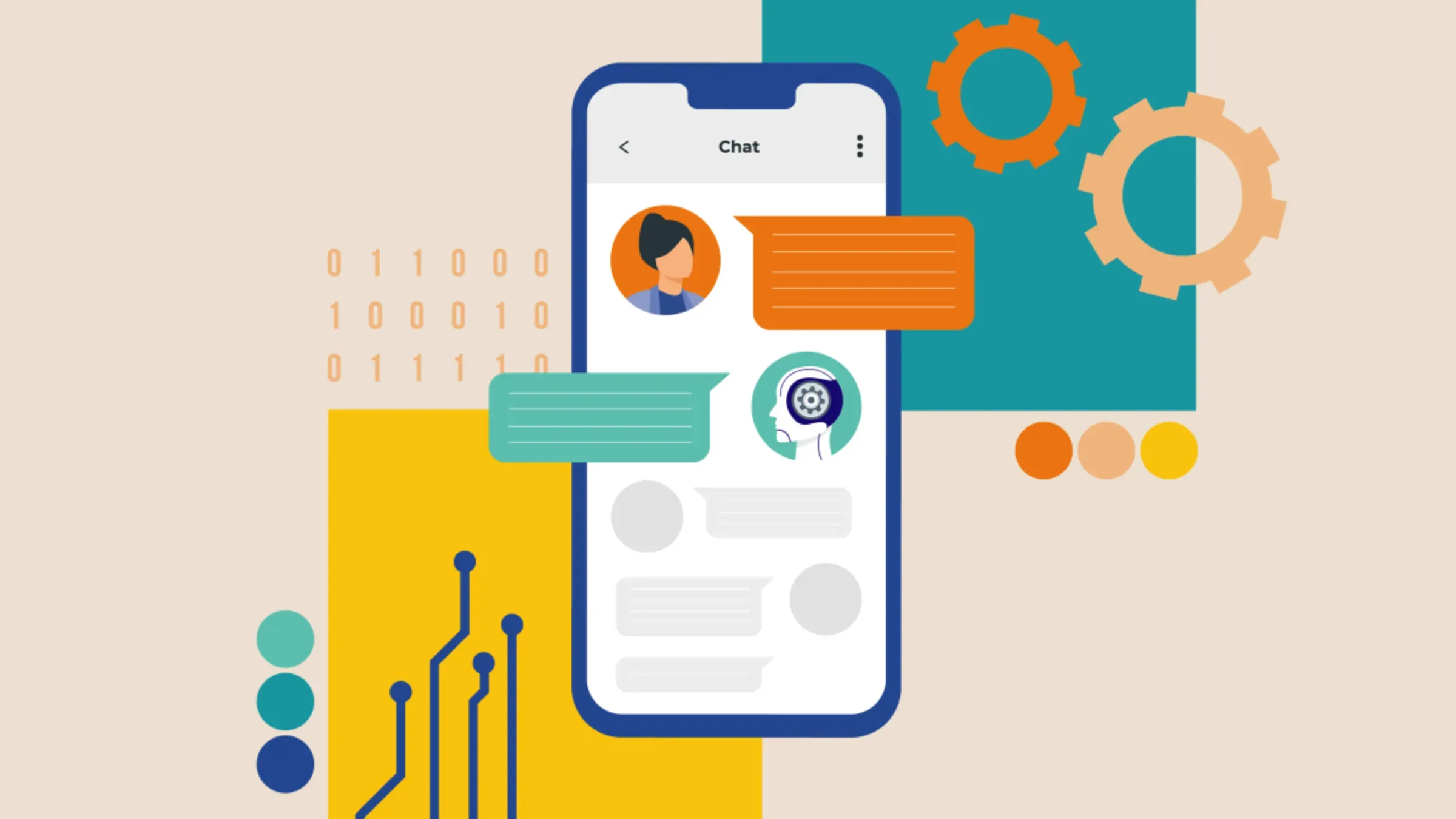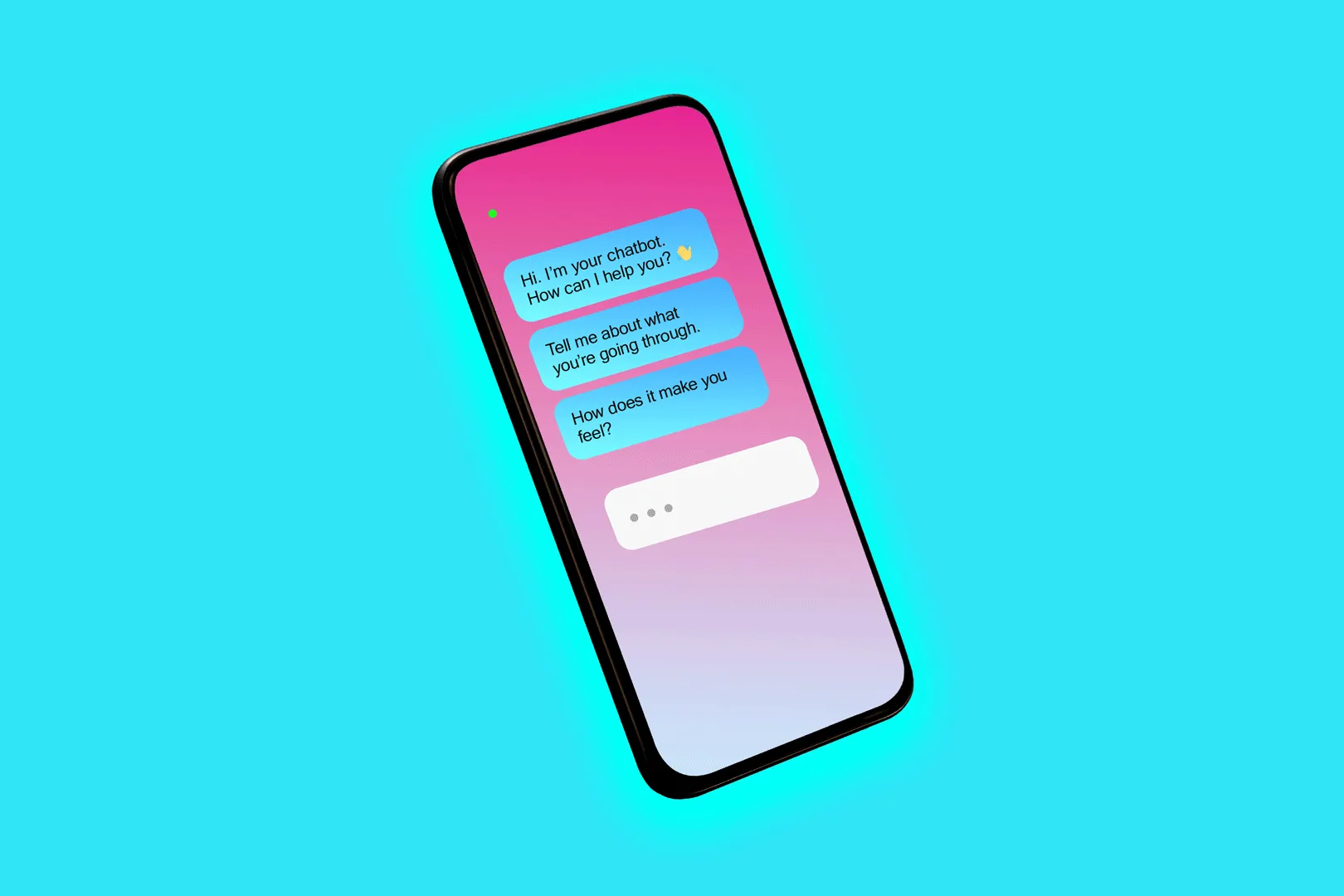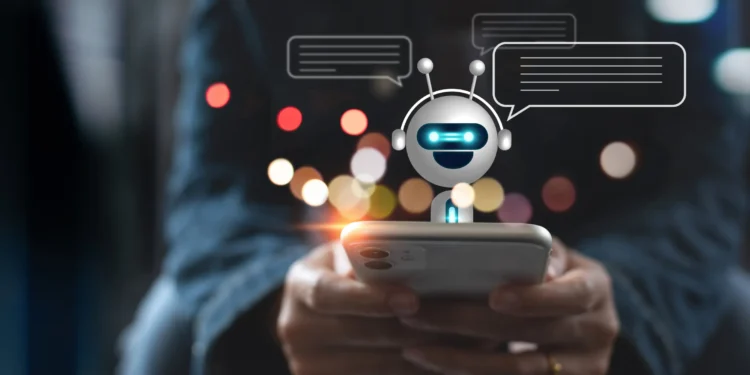AI-powered chatbots like ChatGPT have gained immense popularity, but recent research from OpenAI reveals a troubling correlation between heavy chatbot usage and feelings of loneliness. As these digital companions become more personalized and engaging, could they be the next big threat to mental health? The unsettling possibility is that, while designed to support, chatbots could contribute to the rising wave of isolation and mental health challenges.
In this article, we explore the dark side of chatbot use and how AI companies must learn from the mistakes made by social media giants in handling their impact on mental well-being.

The Link Between Chatbots and Loneliness: What the Data Shows
Recent studies have painted a grim picture. A chart from MIT and OpenAI illustrates that as users spend more time with ChatGPT, the likelihood of them reporting loneliness and mental health struggles increases. This might seem counterintuitive at first—after all, these bots are designed to offer companionship, empathy, and support. But this new data raises significant concerns about how these AI tools could exacerbate feelings of isolation, especially when users begin to form emotional attachments to these digital companions.
The alarming trend follows a similar path to the rise of social media platforms like Instagram and TikTok, which have been linked to negative impacts on mental health, particularly among young people. Just like social networks, chatbots are increasingly becoming more integrated into users’ emotional lives. While the content they provide may be tailored to boost mood or offer affirmation, this might not be enough to offset the risks they present in the long run.

Are Chatbots the New Social Media?
The conversation surrounding social media’s impact on well-being isn’t new. In 2023, the US Surgeon General issued a warning about the adverse effects of social networks on the mental health of young people. Despite this, some studies have found that social networks might not affect the population’s well-being in measurable ways. The debate rages on, with lawmakers in several states pushing for restrictions on social media use due to its mental health risks.
The chatbot debate, however, is different. Unlike social networks, which are often platforms for comparison, competition, and peer validation, chatbots are designed for one-on-one interactions, creating personalized experiences for users. This can make them more intimate and, in some cases, more dangerous. AI-driven tools like ChatGPT offer personalized conversations, with the bot adapting to the user’s emotional needs and providing constant affirmation, which may feel more comforting than traditional social media engagement.
The tragedy of a 14-year-old Florida boy’s suicide, which led to a lawsuit against Character.ai, a chatbot maker, highlights the potential dangers. The boy allegedly formed a strong emotional attachment to a chatbot, and his tragic death sparked a debate about the influence these bots could have on vulnerable individuals. While chatbots are often portrayed as supportive companions, the depth of their emotional influence can blur the lines between helpful technology and harmful dependency.

The Growing Emotional Attachment to AI
As technology advances, chatbots are becoming more sophisticated. They’re now equipped with realistic human voices, can understand complex emotions, and are designed to be increasingly engaging. For many users, these bots provide a level of personalized interaction that traditional social media cannot match. But herein lies the danger: the more lifelike and relatable these bots become, the more susceptible users are to developing emotional and, in some cases, even romantic attachments to them.
These emotional bonds can be especially concerning when users seek comfort from chatbots during times of personal crisis. With many bots designed to offer affirmation and support in almost every situation, users may find it difficult to distinguish between healthy emotional connection and harmful dependence. This dependency could escalate into a vicious cycle of isolation, where the user increasingly turns to their chatbot for emotional fulfillment, leading to a decline in real-world social interactions.

Will AI Companies Learn from Social Media’s Mistakes?
The pressing question remains: will AI companies heed the lessons learned from social media’s impact on mental health? With millions of users engaging with chatbots daily, these companies are in a powerful position to shape the future of digital companionship. But just like social media platforms were slow to respond to mental health concerns, there’s a real fear that AI developers may overlook the risks associated with their creations.
The challenge for AI companies is twofold: they must balance the promise of emotional engagement and support with the ethical responsibility of minimizing potential harm. Will chatbot creators implement safeguards to prevent emotional dependency or will they prioritize user engagement and profit over well-being? It’s crucial that AI companies step up and adopt proactive measures to ensure that their products don’t contribute to the growing mental health crisis.

As we enter this new frontier of AI-driven companionship, it’s vital that we take a step back and evaluate the long-term effects of these technologies. The rapid growth of chatbot usage highlights the need for more research, better regulatory oversight, and a stronger ethical framework around the development of AI tools.
The next big mental health crisis might already be brewing in the realm of artificial intelligence. But if the lessons from social media can be applied, there’s still a chance to steer this technology toward a healthier, more responsible path. The question is, will AI companies act before it’s too late?










